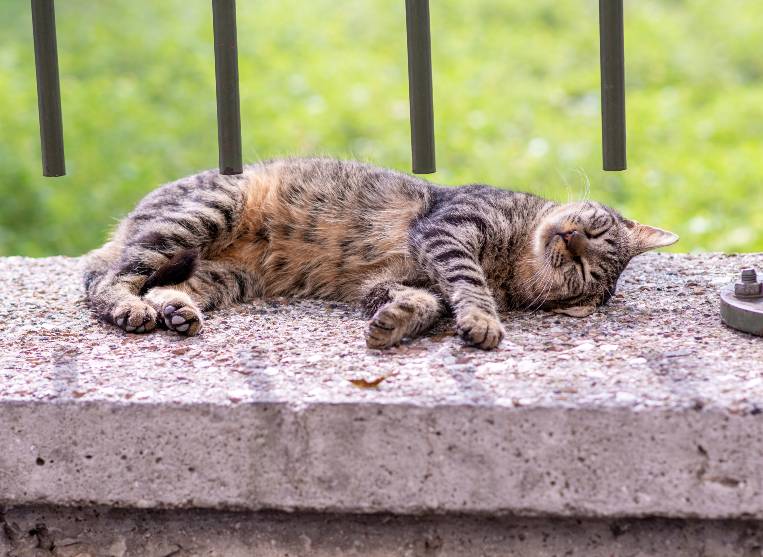Cat food nutrition might be crucial to the quality of your cat’s life as she gets older. Your cat will likely spend more than half of her life as a senior in general. What does this mean for choosing the best cat food to maintain her health, then?
What signs do you look for before your cat reaches “senior status”? On occasion, you might notice a speck of gray on her chin or a tiny cloud accumulating over her once-clear eyes. What was once a lively gait may have become a little stiff. These are all potential warning signals that your furry kitty friend is approaching her “golden” years.
The adage that claims a cat’s lifespan is equivalent to seven “human” years is untrue.
Thanks to breakthroughs in veterinary treatment and improved nutrition, pet cats are living longer than ever before, providing those people that enjoy them a lot more years of their affection as well as warm friendship. Nonetheless, just like their aging human buddies, older cats become more at risk to a range of health issues and disorders: weight gain and reduced movement; heart, kidney, and also liver illness; diabetes; oral troubles and also gum condition; behavioral issues as well as an increase in cancer cells.
Though advancements in pet care, far better nutrients as well as far better educated cat owners have definitely improved the quantity and also quality of these years, research has actually shown that elderly cats continue to battle with weight, nutrient absorption and the capacity to absorb fat.
“One of the most vital goals when feeding senior felines is preserving an optimal weight as well as keeping that weight steady,” says Dr. Arnold Plotnick, who began a senior wellness program specifically intended to help the specific needs old pet cats at his veterinary healthcare facility, Manhattan Cat Specialists in New York City City.
As cats age, there is a steady decrease in their body’s capacity to heal itself, preserve conventional physical features and adjust to tensions in the atmosphere. Illness and also weight modifications are common throughout the senior years. Felines are at risk of weight gain in their later years because of the decrease in activity levels as well as the slowing of their metabolic process.
However by the time they reach 11 years of age, weight reduction ends up being an even bigger problem. The 11-plus years are particularly challenging for felines because their sense of smell as well as other senses have a tendency to diminish right now. This can have an adverse affect on their passion in food. The power to soak up crucial nutritional aspects as well as absorb fat begins to decrease making eating itself less reliable.
The unwelcome outcome is that more food goes straight through to being a waste product, and less is used for energy, causing a decrease in lean muscle mass as well as subcutaneous fat, leading to an usually unsafe reduction in weight. In addition to giving a healthy and also well balanced diet regimen, owners of elderly pet cats ought to closely monitor their cats’ activity degrees, weight, food intake and elimination routines and record anything brand-new or unusual to their veterinarian.
The good news is that owners of elderly pet cats can do a lot to assist their aging felines in the maintenance of an ideal body weight throughout their elderly years by feeding them a diet regimen that addresses their special dietary needs. As an example, feline food for older cats and nourishment from 100% natural items is one outstanding choice for improving the flagging energy of any kind of cat, especially an elderly one. Switching to a raw pet cat food diet as very early as possible in your pet cat’s life will certainly help to keep her golden years far more dynamic as well as healthy. When it comes the health and wellness of your feline, elderly food doesn’t have to be any various from the food she’s been consuming the whole time, as long as it was the most effective and most health food to begin with.
Though a number of the modifications in your feline are typical to the aging process most of us go through, others might show up that can indicate a far more critical issue. Scheduling vet appointments preferably two times annually is good for older felines as lots of potentially severe conditions are treatable if spotted early.


